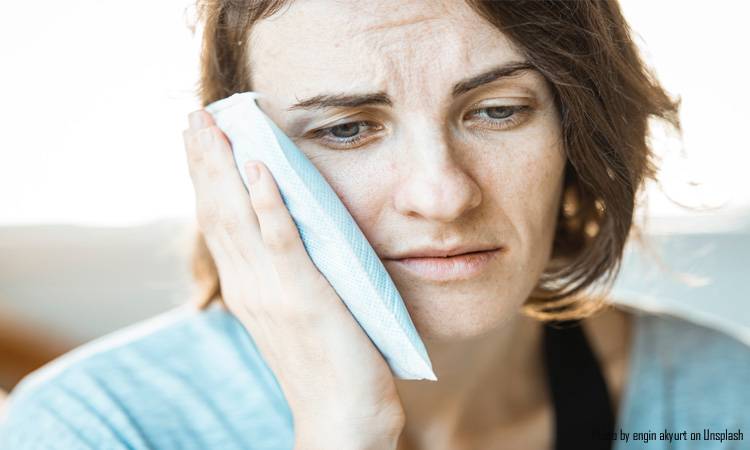
SAO PAULO, Brazil: Researchers at the University of Sao Paulo have recently found that TMD-induced pain or jaw pain in women may worsen during Menopause.
TMD, or Temporomandibular disorders, is a term used to describe a set of over 30 problems that cause dysfunction and pain in the jaw and joint muscles. Pain in the chewing muscles or jaw joint, pain that spreads to the face or neck, jaw stiffness, and locking of the jaw are some of the most common symptoms of TMD.
Researchers Link Jaw Pain with Menopause
To see if and how TMD might be linked to menopausal symptoms, Dr Alessandra Pucci Mantelli Galhardo, the lead author of the research, and colleagues divided 74 women with TMD into three groups based on their menopausal status: late menopause transition, early post-menopause, and late post-menopause, and then assessed for variations in TMD-related pain severity.
The researchers discovered that women in the late stages of Menopause had more severe TMD pain and that menopause symptoms like hot flashes were more closely linked to TMD-related pain in this group. According to the scientists, both of these characteristics decreased with age and progressed during the post-menopausal era.
Furthermore, the data also revealed that socioeconomic factors such as education and ethnicity might influence TMD symptoms in early post-menopausal women.
"This study reinforces the known relationship between sex steroids, specifically estrogen, and the experience of pain. These results are unique in showing that TMD symptoms are linked with menopause symptoms and manifest differently across the menopause stages, with more prominent TMD and menopause symptoms occurring in the menopause transition compared with the years post-menopause" said Dr Stephanie Faubion, Medical Director, North American Menopause Society (NAMS) in a news release.
The study "Does temporomandibular disorder correlate with menopausal symptoms?" has recently been published in Menopause.


